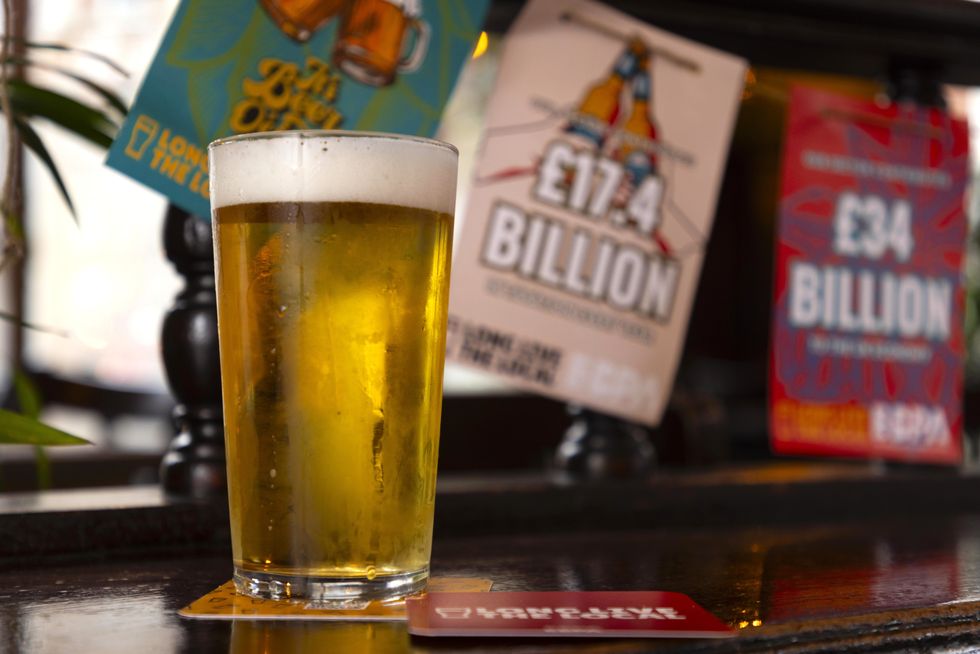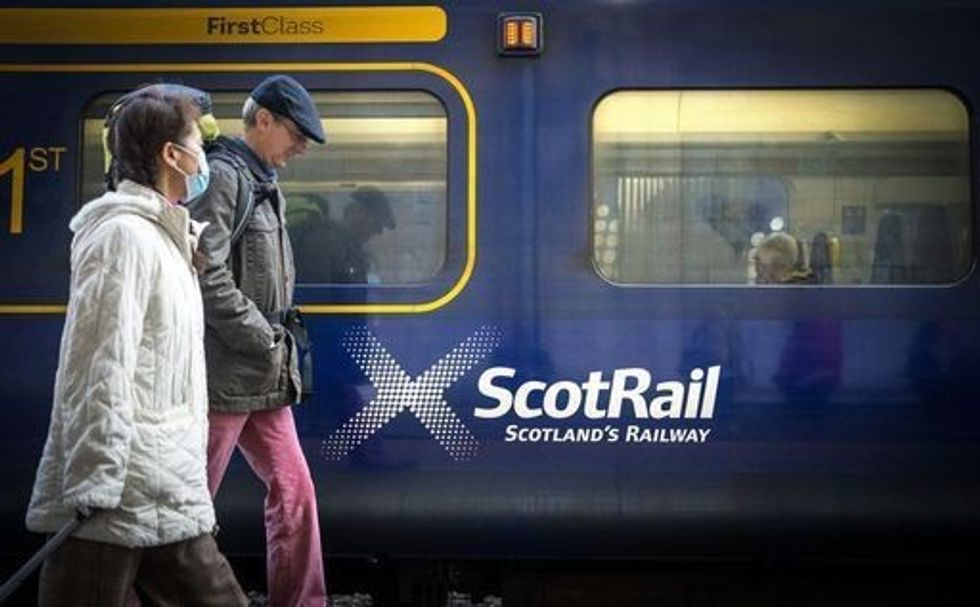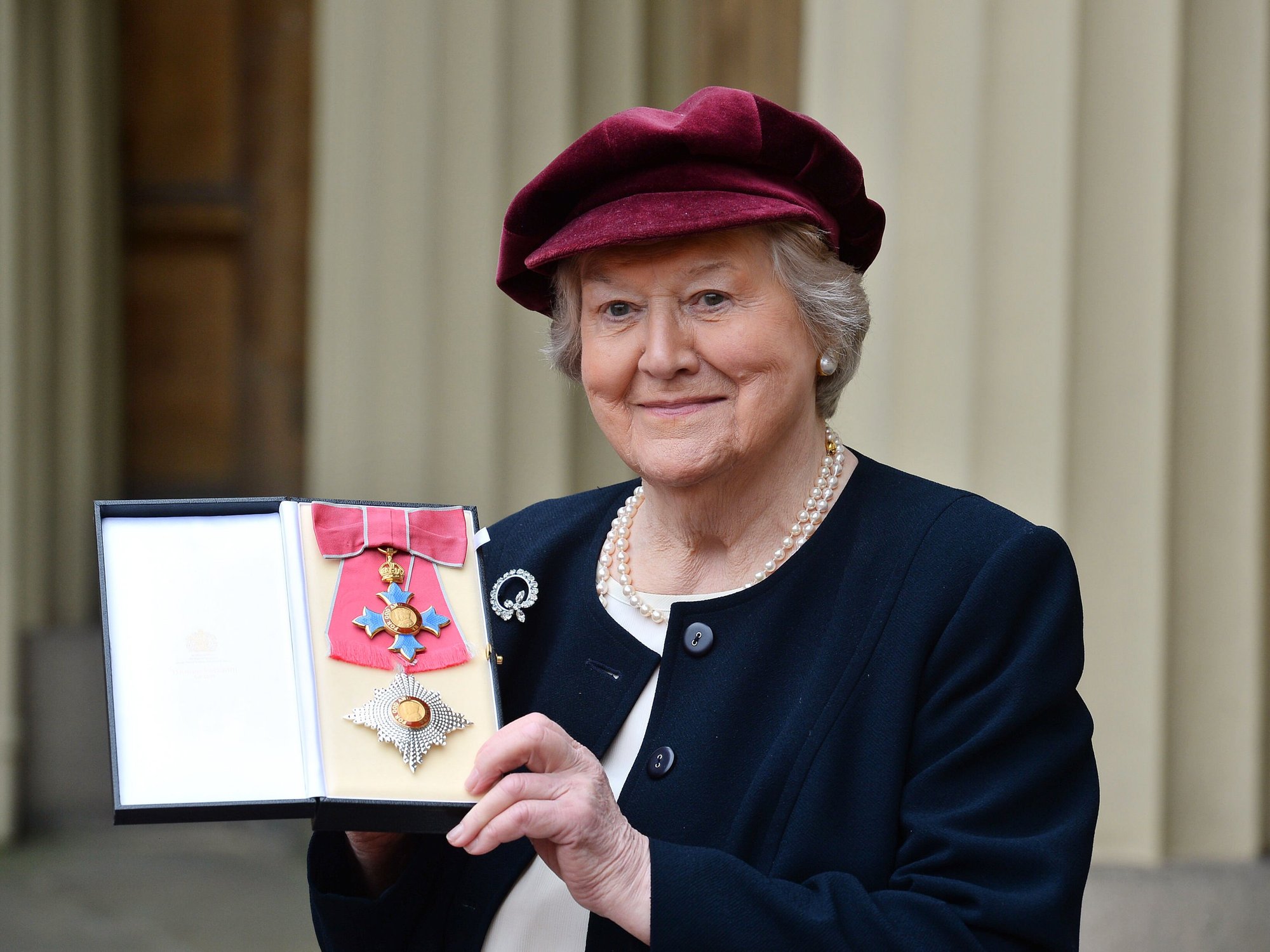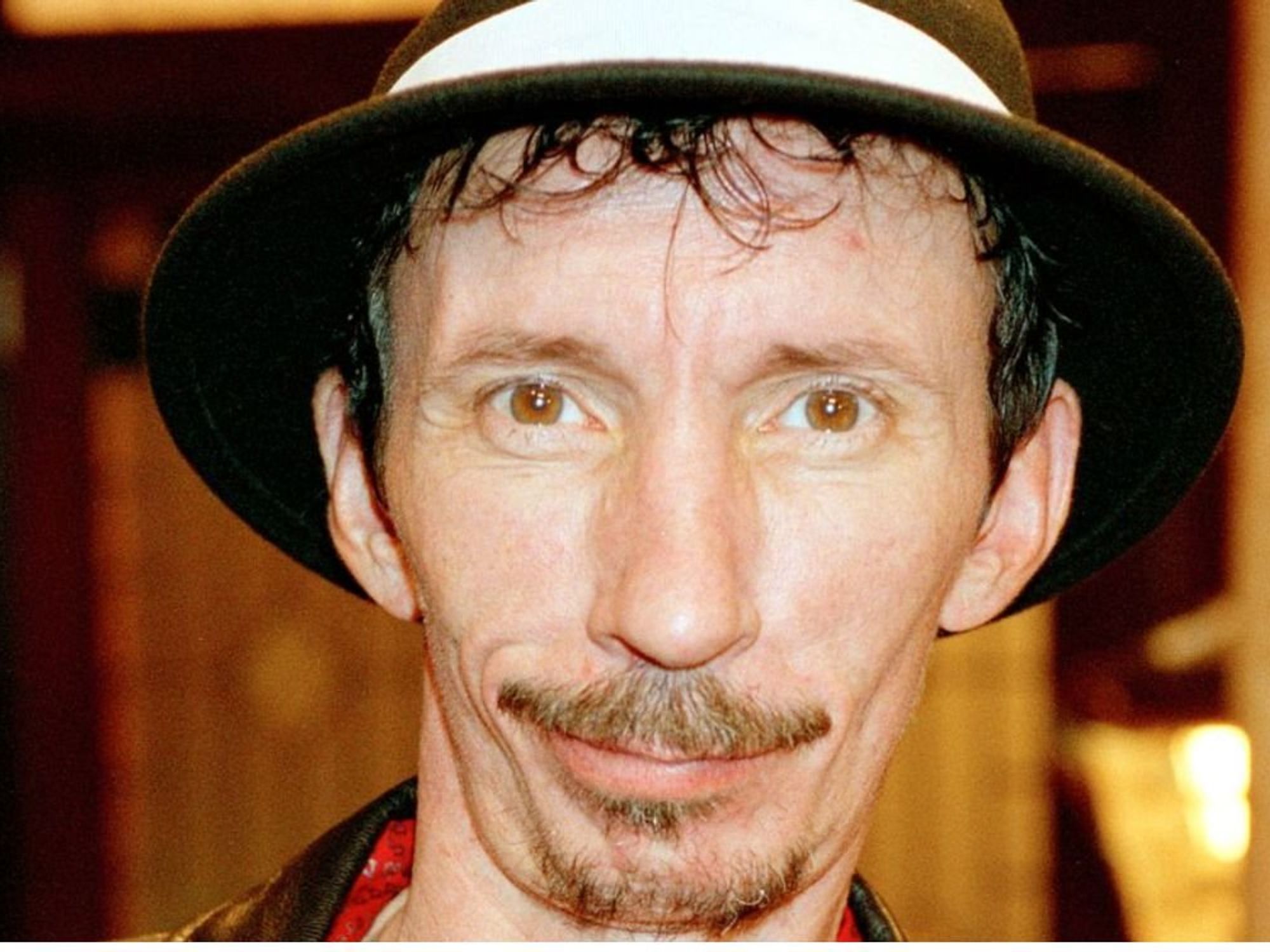Scottish wallets scunnered by triple price hike including new increase in minimum charge for alcohol

Beer, energy bill, ScotRail
|PA
Rail travel and energy bills are also set to go up this week
Don't Miss
Most Read
The cost of living in Scotland has just got even more expensive this week with the a triple barrage on Scottish pockets coming from rail travel, alcohol prices and energy bills.
The Scottish government’s failed scheme to scrap peak rail fares sees the return to expensive train travel on the same day as minimum unit pricing (MUP) for alcohol jumps up nearly a third, from 50p to 65p.
During the £40 million Scotrail scheme, a £28,90 anytime return between Glasgow and Edinburgh cost just £14.90 but with the trial now scrapped that price rises again to £31.40.
Anyone planning to pick up a bottle of wine to ease the burden of rising travel costs might now want to reconsider, with the MUP bump seeing a £4.69 bottle of wine (12.5 per cent ABV) increasing to £6.09.

Minimum unit pricing was first introduced by the SNP Government in 2018 as a mechanism to combat Scotland’s “alcohol emergency” stemming from runaway alcohol-related death figures
|PA
A 70cl bottle of whisky (40 per cent ABV) rises from £14 to 18.20 and a four pack of 500ml Tennents Lager (four per cent ABV) would rise from £4 to £5.20.
Minimum unit pricing was first introduced by the SNP Government in 2018 as a mechanism to combat Scotland’s “alcohol emergency” stemming from runaway alcohol-related death figures.
New data from the Office for National Statistics (ONS) showed alcohol-specific deaths across the UK had reached a record high, with 10,048 people dying in 2022.
Alcohol Focus Scotland warned that Scotland’s “already overstretched NHS” could now be facing a “ticking timebomb of alcohol-related illness and deaths”, noting a “staggering increase of 25%” since 2019.
The Scottish Government has said today’s price rises will help save lives.
Health Secretary Neil Gray said: “Research commended by internationally renowned public health experts estimated that our world-leading policy has saved hundreds of lives, likely averted hundreds of alcohol-attributable hospital admissions and contributed to reducing health inequalities.”
LATEST DEVELOPMENTS:

The Scottish government’s failed scheme to scrap peak rail fares sees the return to expensive train travel
|PA
He added that there are “several hundred people with low income in Scotland who are alive today as a result of this policy.
“However, the Scottish Government is determined to do all it can to reduce alcohol-related harm and as part of that, I am working to ensure people with problematic alcohol use receive the same quality of care and support as those dealing with problematic drugs use.”
Meanwhile, Scottish Labour have branded the SNP decision to scrap the 12-month pilot doing away with peak rail fare tickets as “senseless”.
Scottish Labour Net Zero Spokesperson Sarah Boyack said: “This is another blow to the SNP’s senseless decision to hike rail fares for working people.”
Calling the pilot a “rare success story from an SNP government”, she said, “this scheme has been sabotaged by SNP incompetence at every turn, but peak-time passenger numbers have still soared”, referring to the introduction of a reduced timetable midway through the trial cutting hundreds of services every day.

Gas and electricity prices are set to reach new heights with the energy price cap rising by 10 per cent
|PA
Despite a significant reduction of services, peak-time rail passengers rose by 40 per cent in the 12-month trial period, but Finance Secretary Shona Robison told parliament in September that the scheme had not been successful enough at encouraging commuters to leave their cars at home.
Finally, if tartan wallets weren’t already feeling the pinch, gas and electricity prices are set to reach new heights with the energy price cap rising by 10 per cent, expected to see average bills in Scotland, England and Wales rise by £12 a month or £149 a year.
Ofgem alters the rise and fall of the price cap every three months based on a range of factors, the most important of which is the price of energy on wholesale markets.
The energy price cap was introduced by the UK Government in January 2019 and sets a maximum price that energy suppliers can charge consumers in England, Scotland and Wales for each kilowatt hour (kWh) of energy they use.
The Scottish Tenants Organisation is expected to protest outsides Scottish Power headquarters in Glasgow on Thursday, opposing the 10 per cent price hike and demanding energy companies pay a major windfall tax to fund a social energy tariff for all low income groups including pensioners.










